Exploring Christianity's Stance on Violence, War, and the Crusades
VerifiedAdded on 2023/01/03
|6
|1344
|89
Essay
AI Summary
This essay provides a detailed examination of Christianity's historical perspectives on violence and war. It begins by outlining the various viewpoints, including non-resistance, Christian pacifism, just war, and preventative wars, with a particular focus on the Crusades. The essay explores how these views evolved over time, from the early Roman Empire to the Middle Ages, highlighting the influence of key thinkers like St. Augustine. It analyzes the shift from pacifism to the acceptance of just war and the emergence of holy war, considering the changing political and religious contexts. The essay also discusses the impact of the Crusades on Christianity, examining their motivations and consequences. It concludes by emphasizing the ongoing relevance of these historical perspectives to contemporary Christian thought and practice, underscoring the religion's complex relationship with violence and the promotion of humanity. The essay also touches on the evolution of Christianity and the role of the Pope and the Roman Catholic Church.
1 out of 6
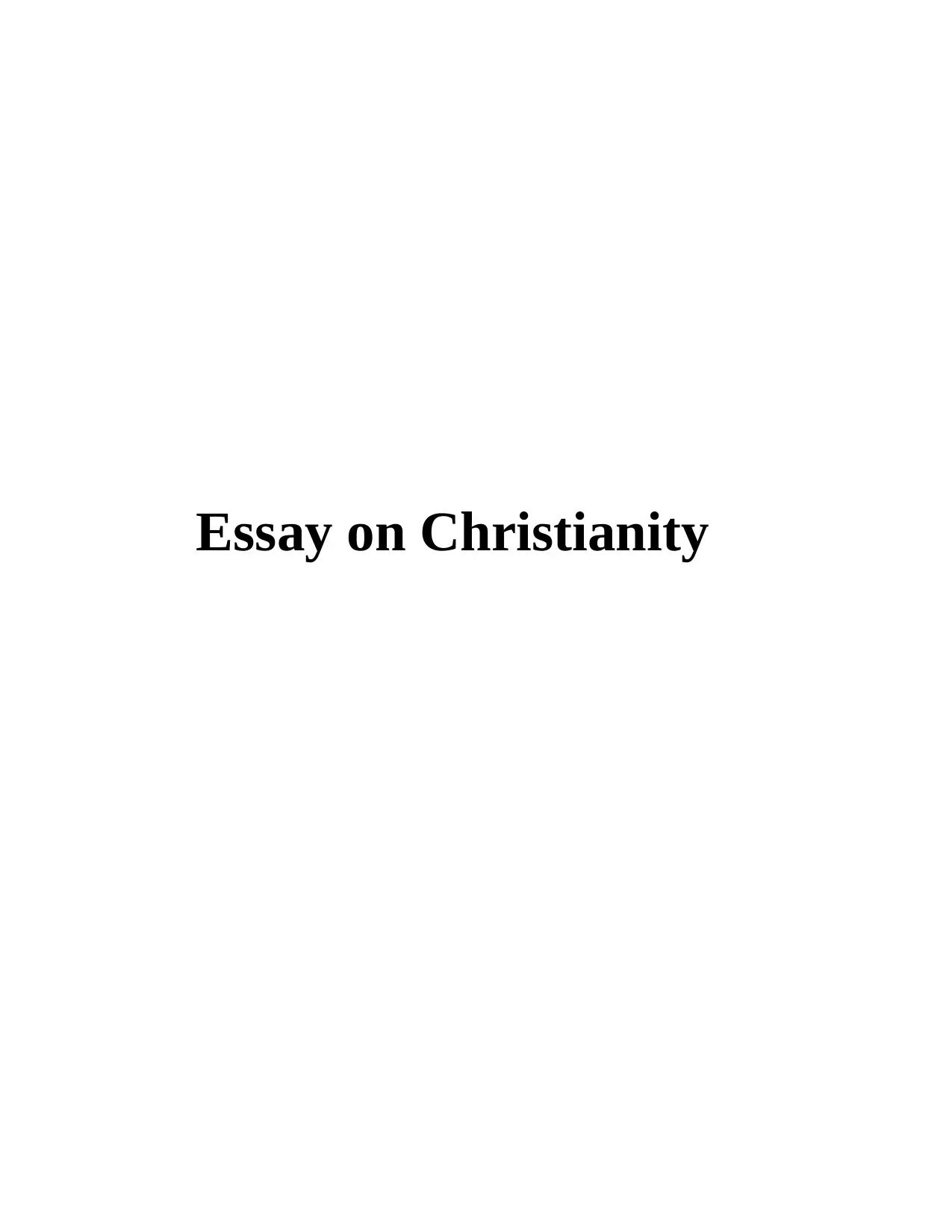
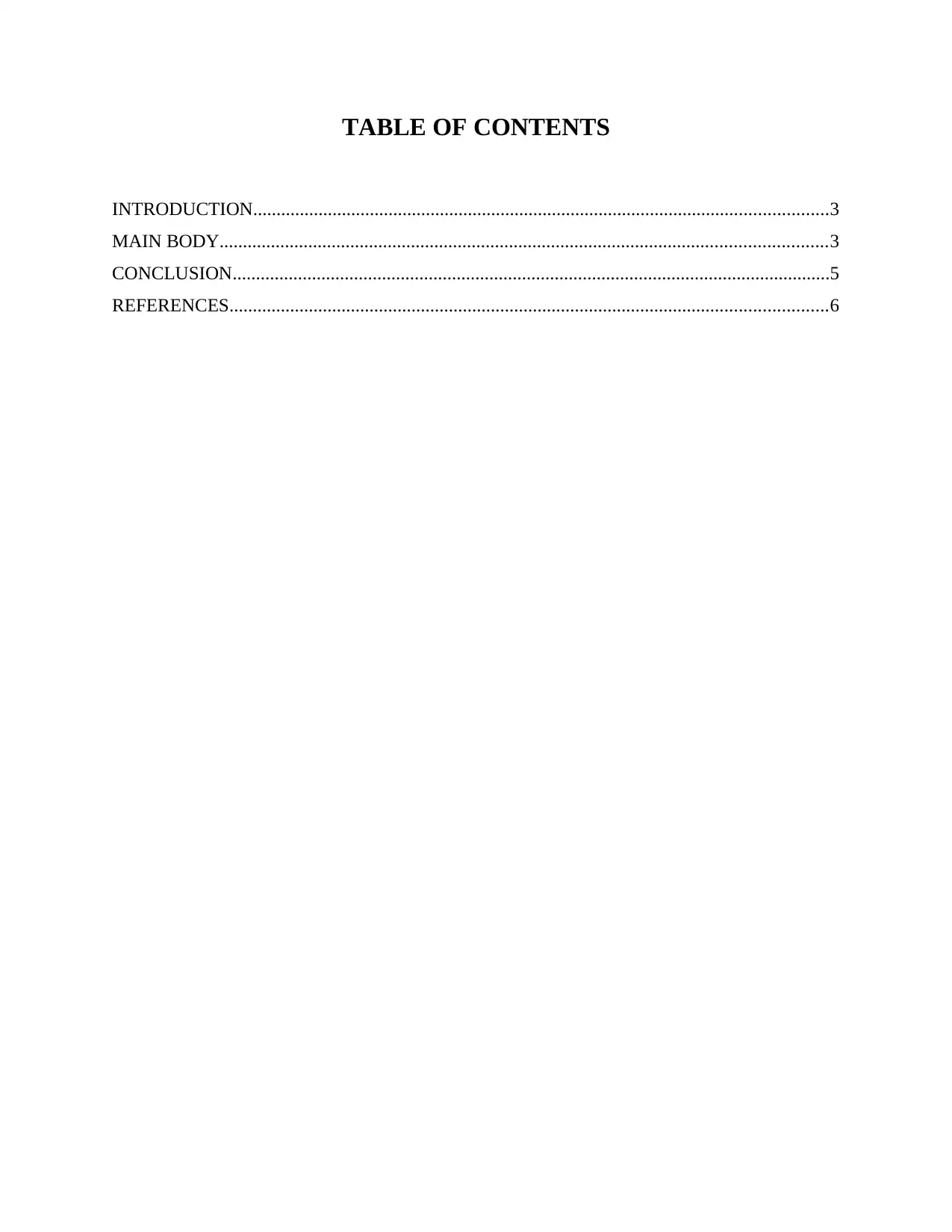
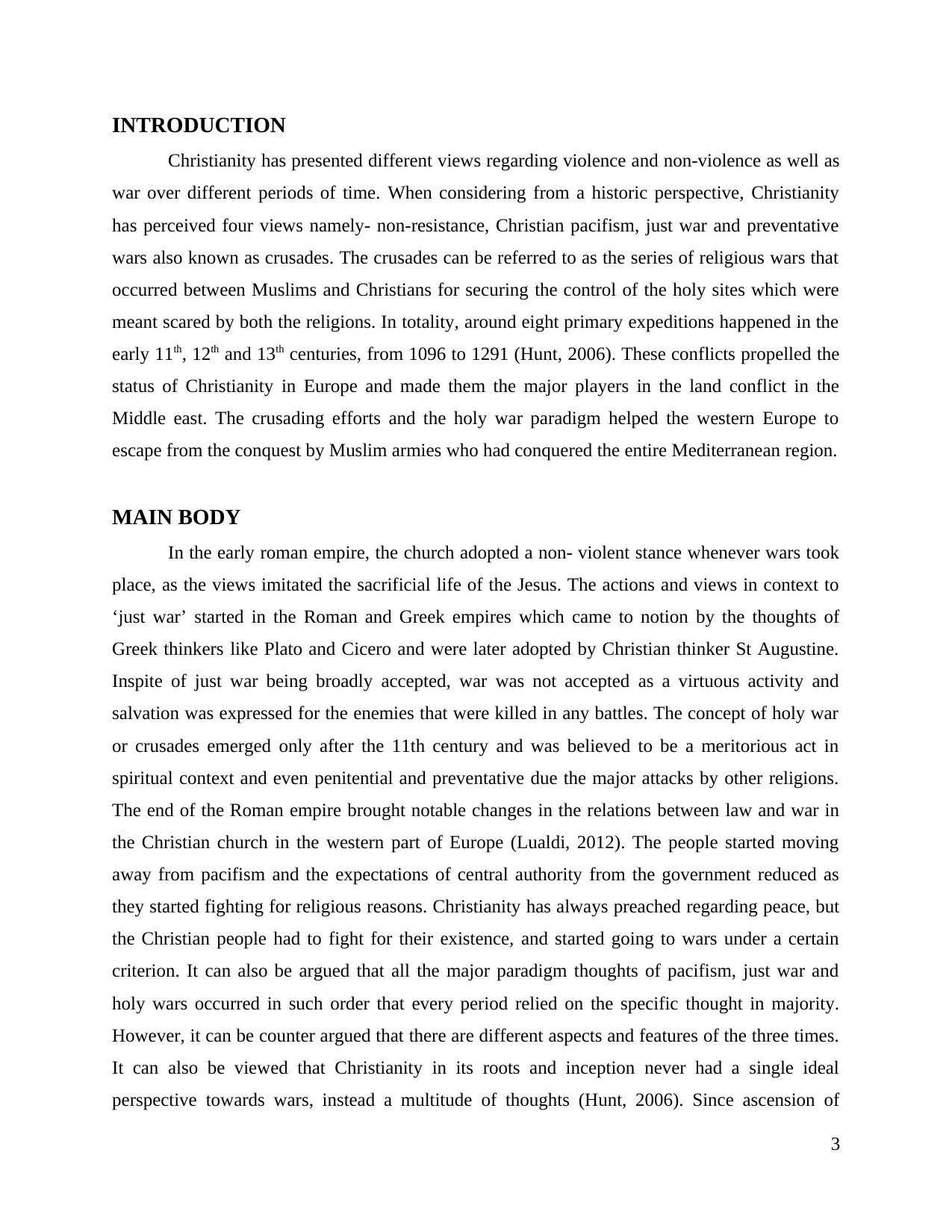
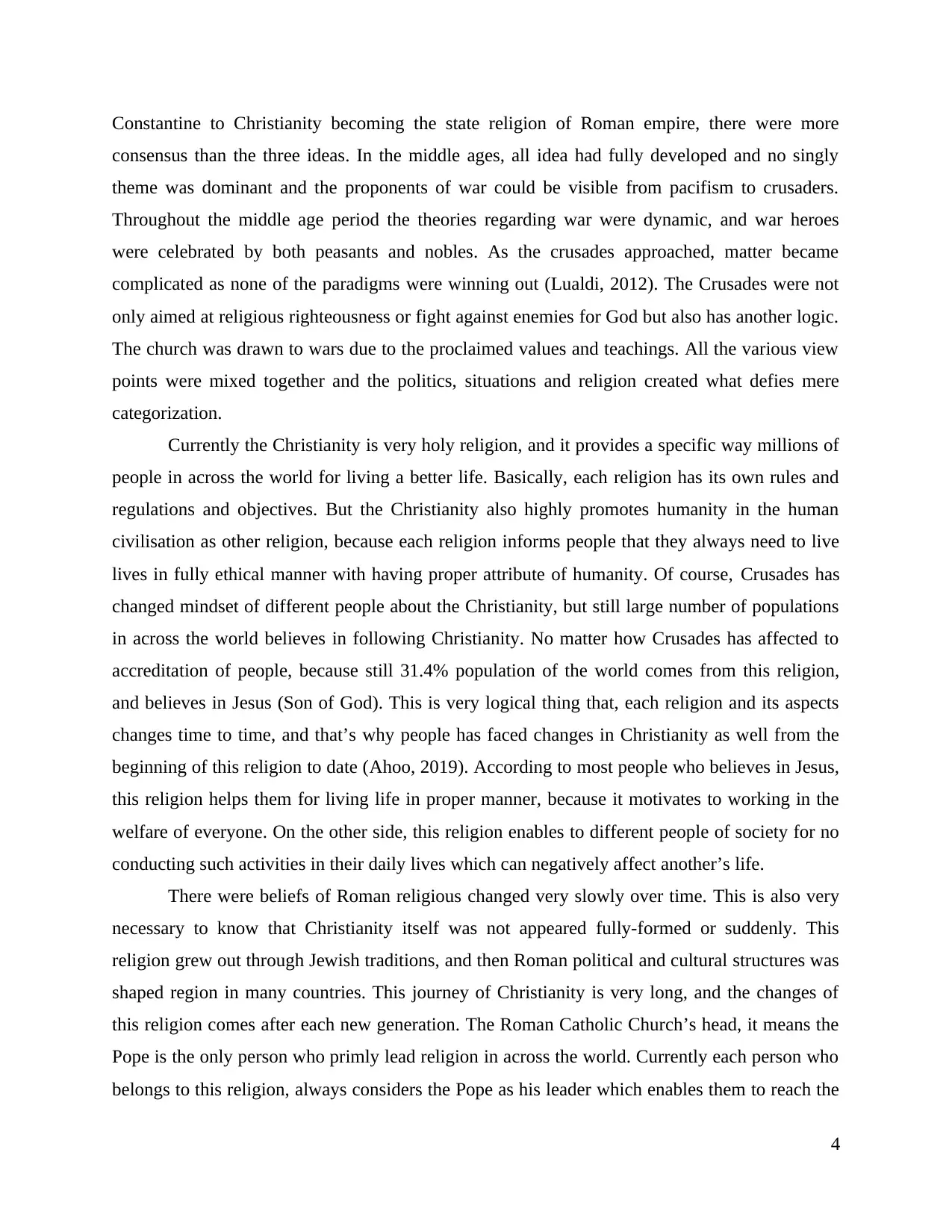
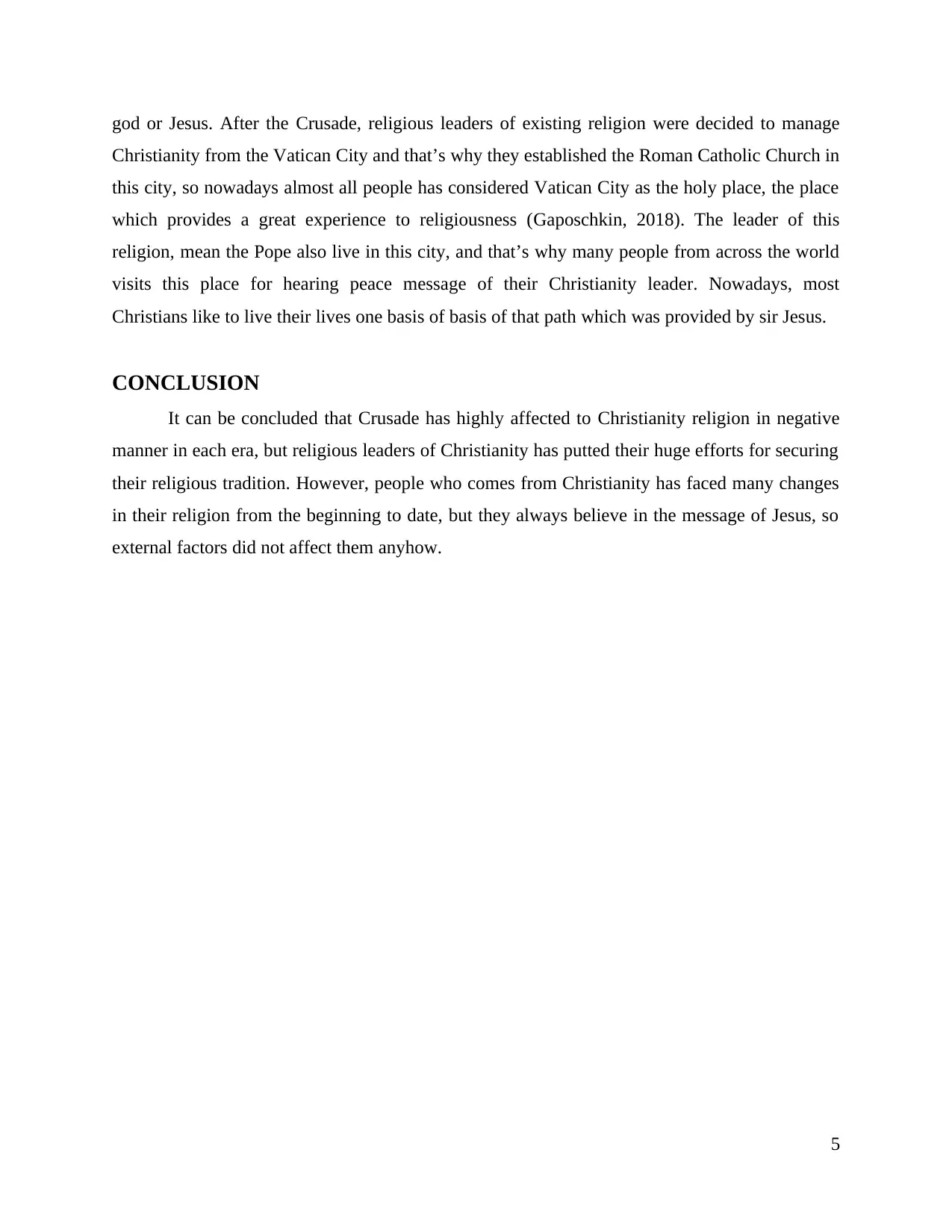
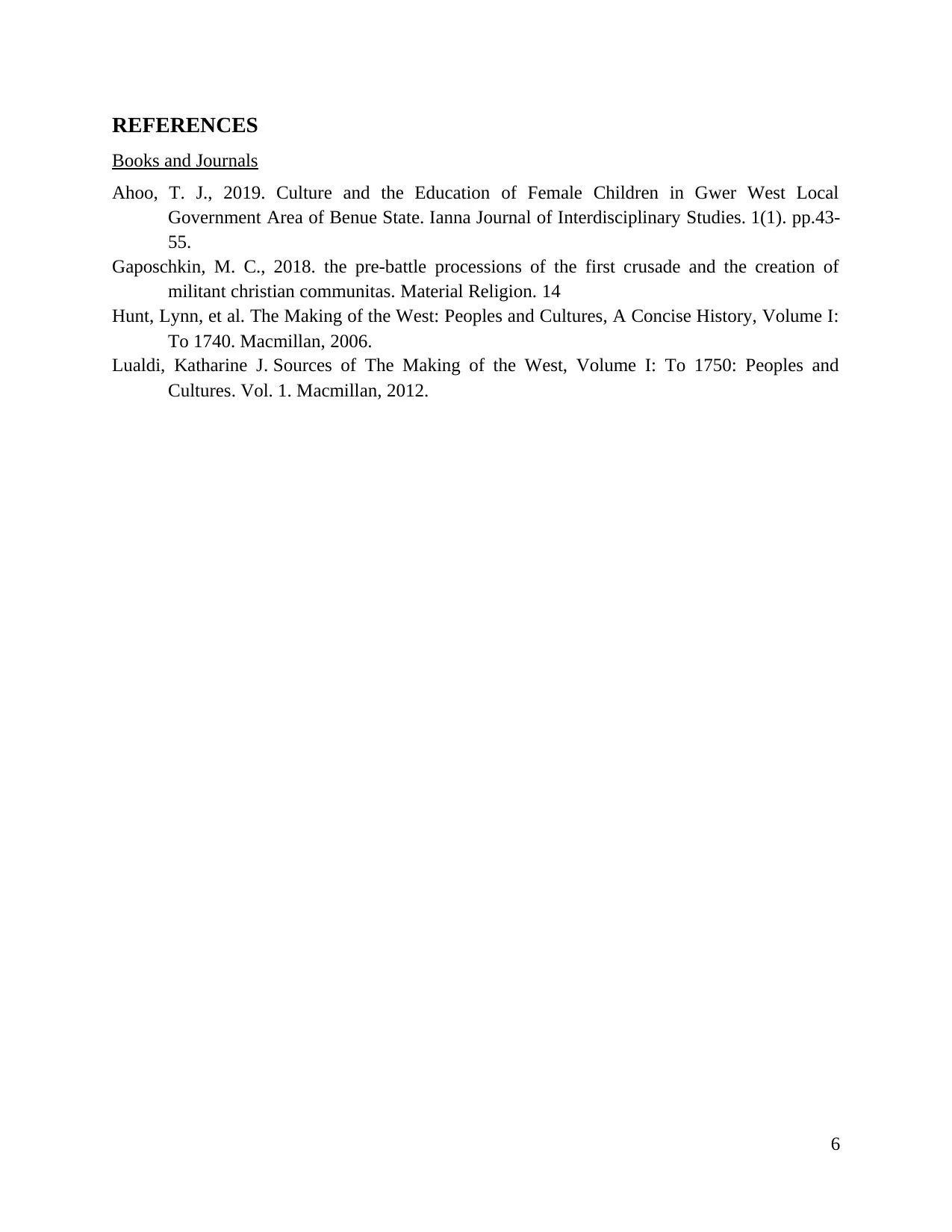





![[object Object]](/_next/static/media/star-bottom.7253800d.svg)